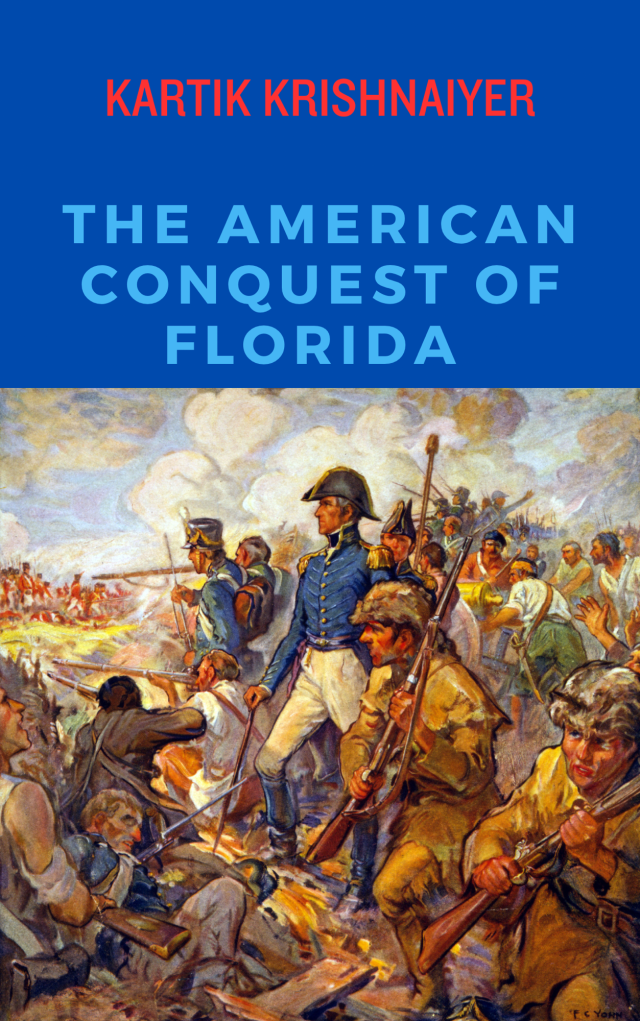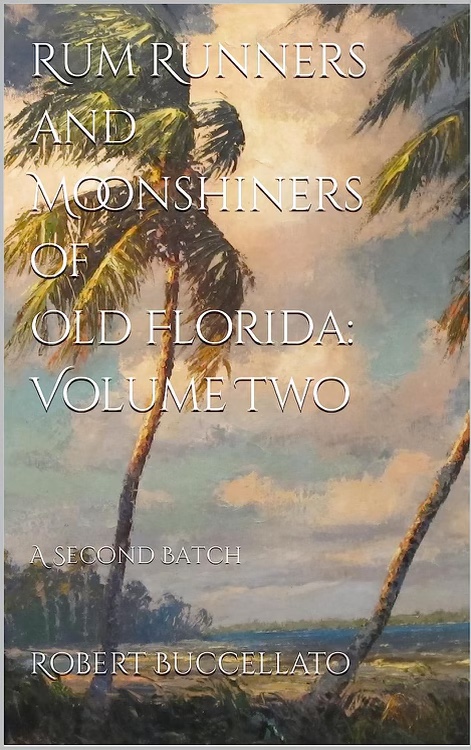
By Ebyabe – Own work, CC BY-SA 3.0, https://commons.wikimedia.org/w/index.php?curid=12229104
As most of you by now know, Hollywood, Florida has decided to change the name of three streets named after historical figures. I personally don’t agree with this type of thinking as it in my opinion whitewashes history and holds figures of yesteryear to a contemporary standard which few if any could pass. But if the city insists on rewriting history, why have they targeted three former Confederate generals but not the person who more than any other set back the progress and hopes of African-Americans in this country? Why does Hollywood still have a street named after Woodrow Wilson? If the city is going to become politically correct in its street naming policy it ought to do this honestly and not selectively.
Perhaps Wilson’s name remains on a Hollywood street because many progressives simply don’t want to see Woodrow Wilson for what he was – perhaps the greatest racist to ever serve as President of this country and without question objectively the single occupant of the White House who did the most damage to African-American aspirations. Wilson was a classic elitist whose embrace of progressiveness was politically expedient in 1912 and his failed Presidency and willingness to gag opposition in a way even unimaginable to Dick Cheney and George W. Bush (which is well chronicled in the new PBS American Experience three-part series, “The Great War”) led to the apex of conservatism in this country – the roaring 20’s and then Great Depression.
Wilson was a native southerner and had been President of Princeton University. More on the Ivy League attitude shortly and how that plays into this narrative. As President, Wilson amassed a racist legacy second to none and was the individual most responsible for the institution of segregation in all levels of Federal hiring (it is worth noting Wilson’s three Republican predecessors in the White House had all appointed African-Americans to patronage jobs. That would stop immediately under Wilson). – The Atlantic had a great narrative on this racist “progressive” legacy in 2015 which is worth reading.
While slavery existed in the south until the Civil War and Jim Crow was put into effect in the 1880’s and 1890’s, Wilson Presidency not so coincidentally ushered in the era of greatest violence towards African-Americans in this nation’s history. Lynchings, beatings and race riots became the norm, tacitly sanctioned by the highest elected official in the nation. Wilson even screened D.W. Griffith’s historically inaccurate “Birth of a Nation” in the White House and endorsed its premise. The movie portrayed African-Americans as sex-mad savages, Northern Republicans as corrupt manipulators and the Ku Klux Klan as heroes and defenders of etiquette and virtue. The movie even quoted Wilson in its opening.
When race riots broke out in 1919 because African-Americans who had heroically served this nation in World War I, a war of choice Wilson committed this nation to, were being attacked by lynch mobs, Wilson did nothing and said nothing. His silence was golden to the agitators as his previous actions indicated the racists had a strong ally in the White House.
Wilson’s son-in-law William McAdoo of California was the preferred Ku Klux Klan choice for the Democratic nomination in 1924 – a convention that has gone into lore as the “Klanbake,” thanks to the influence of the KKK on its proceedings. Dissatisfied with both parties after being denied the GOP nomination, Senator Robert LaFollette (R-Wisconsin) ran a courageous third party race for the Presidency as a liberal and in many states ran ahead of the Democratic nominee John W. Davis, whose positions were nearly indistinguishable from President Calvin Coolidge, the most conservative US President of the 20th Century. Davis later was the lead attorney in defending the segregationist side in Brown v Board of Education.
Much like other Ivy League elites of the time, Wilson wanted to create an intellectual basis for the institutional racism he created in the Federal Government and also wanted to portray the Civil War as a “quarrel among brothers” and that Reconstruction was a “mistake,” pushed by vengeful Republican politicians from the north who should have merely forgave the south for its transgressions. The so-called “Radical Republican” faction of the then-governing GOP had pushed aggressively Civil Rights legislation and laws that disenfranchised white southerners (who it must be remembered were almost all Democrats) who after all had committed a form of treason against the union.
But in the early 1900’s Ivy League intellectuals made an effort to show that this was a wrong-headed and extreme world view. These elites viewed GOP Reconstruction governments in the south as “illegitimate” because they were elected thanks to African-American voters. That was the world view of those who Wilson was most comfortable with – both Ivy League elites and Southern Democrats.
The Dunning School refers to a group of historians who shared a historiographical school of thought regarding the Reconstruction period of American history (1865–1877). The Dunning School viewpoint favored the conservative elements (the Redeemers, rich landowners, businessmen, and Northern Democrats) and disparaged the Radical Republicans in the South (a coalition of blacks, Radical Republicans, Carpetbaggers and Scalawags) . The views of the Dunning School dominated scholarly and popular depictions of the era from about 1900 to the 1930s. Adam Fairclough, a British historian whose expertise includes Reconstruction, summarized the Dunningite themes:
All agreed that black suffrage had been a political blunder and that the Republican state governments in the South that rested upon black votes had been corrupt, extravagant, unrepresentative, and oppressive. The sympathies of the “Dunningite” historians lay with the white Southerners who resisted Congressional Reconstruction: whites who, organizing under the banner of the Conservative or Democratic Party, used legal opposition and extralegal violence to oust the Republicans from state power. Although “Dunningite” historians did not necessarily endorse those extralegal methods, they did tend to palliate them. From start to finish, they argued, Congressional Reconstruction—often dubbed “Radical Reconstruction”—lacked political wisdom and legitimacy.







Are you sure the street wasn’t named after Mr. Wilson of “Dennis the Menace” fame?
LikeLike
I don’t see neo-nazi’s and racists using Wilson as a symbol of their movement.
LikeLike
Funny they would use Lee considering he freed his own slaves in 1857. He fought for the south because he was a southerner. It was a different time when region and locality meant more than being a citizen of a country full of far-flung places and the world.
LikeLike